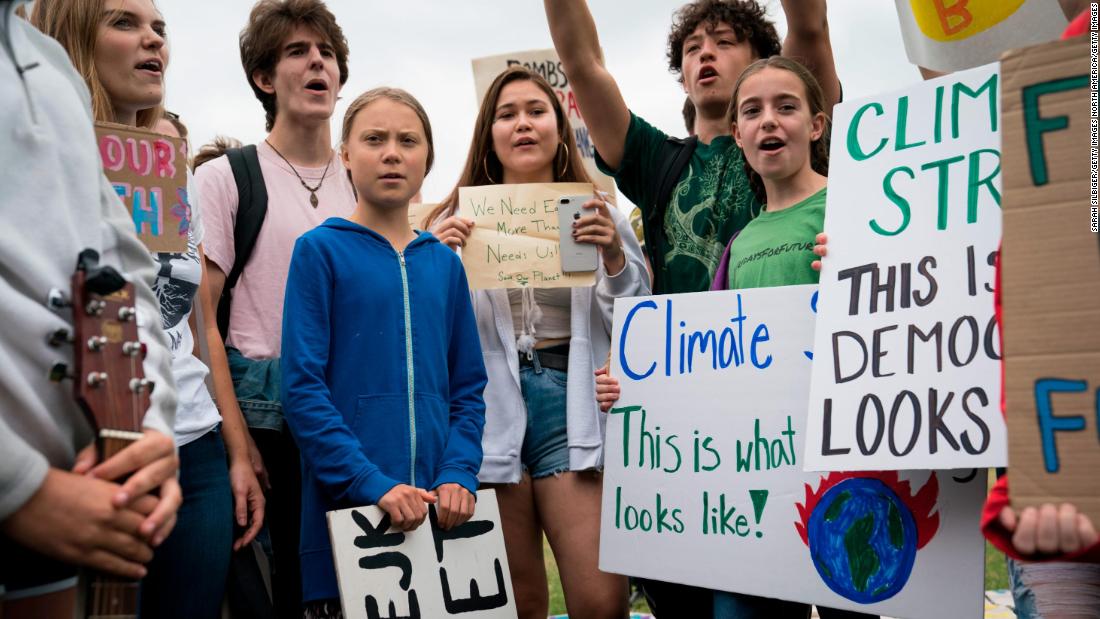Surrogacy: Futuristic Solution or Dystopian Fiction?
As technology advances, we are able to remedy many of humanity's historic hindrances. This advancement in technology has also resulted in finding new alternatives when undertaking even intrinsic tasks that make living beings different than others and humans, human.A Kantian and Utilitarian Analysis of Sacrifice for “Some Greater Good”
Whether it can be morally acceptable to sacrifice an innocent person for some greater good is a question that can be dissected in many ways before getting to the central issue itself. What counts as “sacrificing”, who or whom makes up the “greater good,” how do we decide “innocence,” and how do we even begin with quantifying the metric that will allow us to judge what makes a greater good can all be discussed on their own.Art As a Rhetorical Tool: Visual Rhetorical Analysis of Anti-War Artworks From the 20th Century
Art has been a medium of expression and communication since humans gained consciousness and were able to interact with one another. As humans evolved, so did art and the way they—and specifically artists—used it to express their ideas, emotions, and beliefs. However, one thing remained almost constant throughout this change: the want to convey meaning.
Is Youth Climate Change Activism Actually Effective?
“Who is she, and what is she doing at the UN Climate Action Summit?”, was the question millions of people around the world had when they were first introduced to Greta Thunberg back in 2019. Greta Thunberg, a millennial youth climate change activist from Sweden, came into prominence around 2018 with her lone strikes initially dubbed “School Strike for Climate” (Pigott).